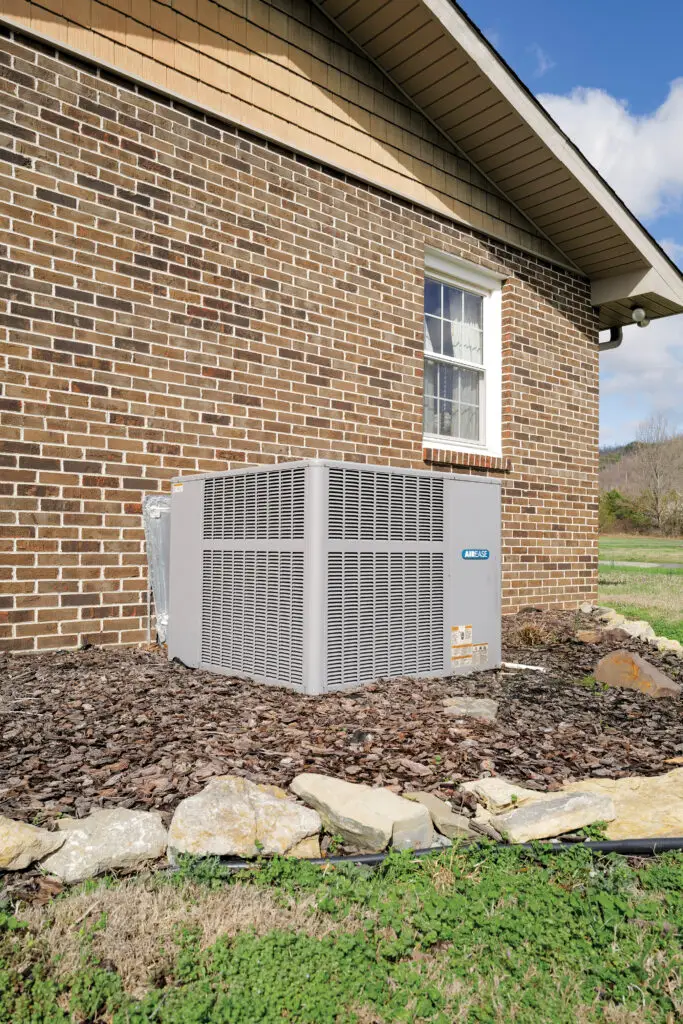How do I know if my HVAC system is malfunctioning?
Your heating, ventilation and air conditioning system is one of the most important and expensive systems in your home. Detecting issues early can help you plan for repairs or equipment replacement.
Equipment functionality issues can affect your electricity use, which may result in higher energy bills. The age of your equipment can be a major factor in function. The lifespan of a heating and cooling system ranges from 15 to 20 years.
Proper maintenance and lower use can increase the life of the equipment. To find out the age of your system, look for the manufactured date printed on the unit’s nameplate. If you can’t find it, search online using the model number or call the manufacturer.
Being thrifty by nature, I typically subscribe to the notion of “If it ain’t broke, don’t fix it.” That said, I also believe in being prepared for the inevitable. If your system is approaching or past the 20-year mark, start saving for a new system and get replacement estimates.

There are a few warning signs to watch out for if your heating and cooling system needs to be repaired or replaced:
Air conditioning is not as cool as usual. If the air from your air conditioner is warm or not as cool as it usually feels, the equipment has an issue. It could be a problem with the compressor or a refrigerant leak. Contact a professional to get the issue checked. Many refrigerants, especially the ones used in older systems, are harmful to the environment. Fix leaks before adding more refrigerant. Special certifications are required for handling refrigerants, so hire a professional to ensure the work is done properly.
Low airflow. If you aren’t getting good airflow, it could be an easy fix, such as filter replacement or opening closed dampers. If you’ve made these fixes and airflow is not at normal levels, contact a professional. There could be a bigger problem with a motor, fan or something else.
Bad odors. Heating and cooling systems sometimes smell when you first start them up for the season. Those smells should be minor and dissipate quickly. Any serious smells—such as burning metal, melting plastic or noxious odors—are a sign that your system is in trouble. If you smell those odors, turn your system off immediately and contact a professional.
Strange noises. There is typically noise associated with the fans and motors in heating and cooling systems. Take note of any excessive or new noises. If your system is making any clunking, clanging or whistling noises, turn it off and check the filter. If that doesn’t solve it, reach out to a pro.
Running frequently. Your system needs to run more to keep up on extreme weather days, but there might be an issue if it runs too often. Short cycling is when a system cycles on and off before completing the heating or cooling process. Contact a professional to diagnose this issue.
Several factors come into play when deciding to fix existing equipment or invest in new equipment. Consider the severity of the issue, repair costs, the likelihood of additional repairs, equipment lifespan and your budget.
The efficiency of your existing system is also a consideration. Heating and cooling technology improvements have come a long way in the last 20 years. Lower operation costs can offset the cost of a new system over time.
Consider your options before you are in desperate need. I recommend getting estimates from at least three contractors. Ask the contractor, “If this was your home, what type of system would you install and why?” The best solution for your home might be a different type of equipment.
Miranda Boutelle is the chief operating officer at Efficiency Services Group in Oregon, a cooperatively owned energy efficiency company.




